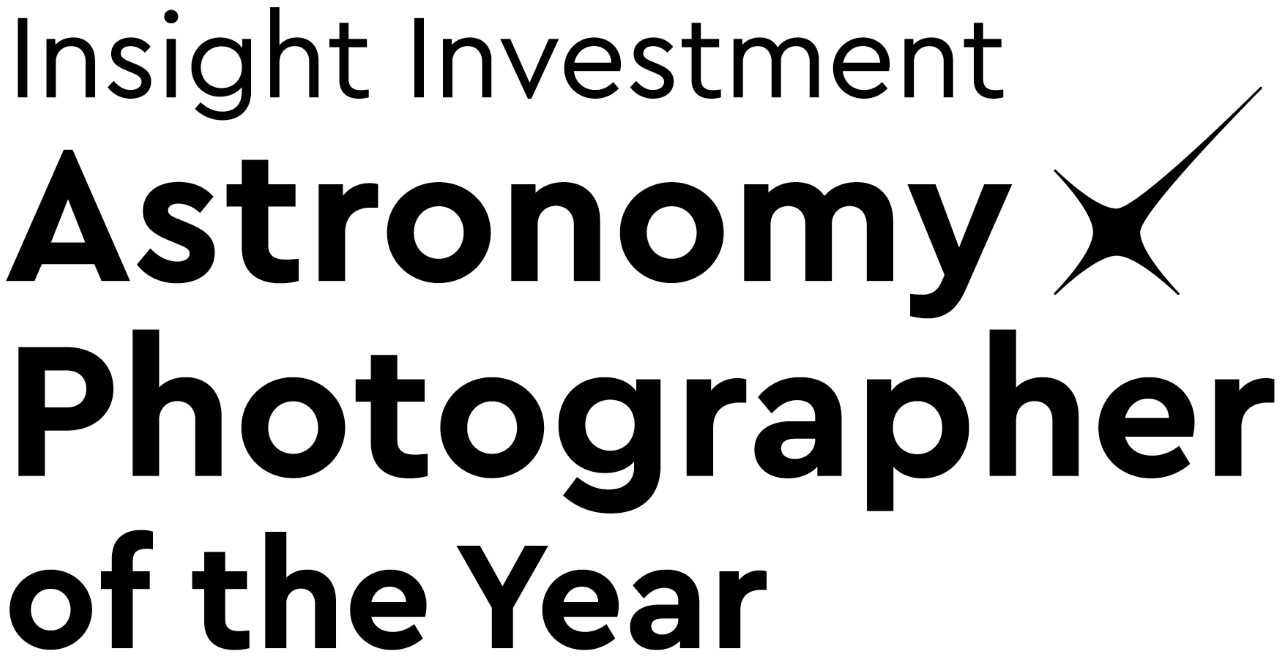ESO Announcements | 2019 Jan 14
ESO in partnership with the Royal Observatory Greenwich
The Royal Observatory Greenwich, in association with Insight Investment and BBC Sky at Night Magazine, has announced the key dates for the Insight Investment Astronomy Photographer of the Year 2019 competition — its annual global search for the most beautiful and spectacular visions of the cosmos, whether they are striking pictures of vast galaxies millions of light-years away, or dramatic images of the night sky much closer to home.
ESO supports the 2019 competition by providing a judge from its education and Public Outreach Department (ePOD).
Now in its 11th year, the highly popular competition opens to entrants on 14 January 2019, giving them the chance to take home the grand prize of £10,000. Entrants will have until 8 March 2019 to enter up to ten images in the various categories of the competition.
Insight Investment Astronomy Photographer of the Year 2019 has nine main categories:There are also two special prizes: The Sir Patrick Moore Prize for Best Newcomer is awarded to the best photo by an amateur astrophotographer who has taken up the hobby in the last year and who has not entered an image into the competition before, and Robotic Scope recognizes the best photo taken using one of the increasing number of computer-controlled telescopes at prime observing sites around the world, which can be accessed over the internet by members of the public.
- Skyscapes: Landscape and cityscape images of twilight and the night sky featuring the Milky Way, star trails, meteor showers, comets, conjunctions, constellation rises, halos and noctilucent clouds alongside elements of earthly scenery.
- Aurorae: Photographs featuring the Northern and Southern Lights.
- People and Space: Photographs of the night sky including people or a human interest element.
- Our Sun: Solar images including solar eclipses and transits.
- Our Moon: Lunar images including lunar eclipses and occultation of planets.
- Planets, Comets and Asteroids: Everything else in our solar system, including planets and their satellites, comets, asteroids and other forms of zodiacal debris.
- Stars and Nebulae: Deep space objects within the Milky Way galaxy, including stars, star clusters, supernova remnants, nebulae and other intergalactic phenomena.
- Galaxies: Deep space objects beyond the Milky Way galaxy, including galaxies, galaxy clusters, and stellar associations.
- Young Astronomy Photographer of the Year: Pictures taken by budding astronomers under the age of 16 years.
